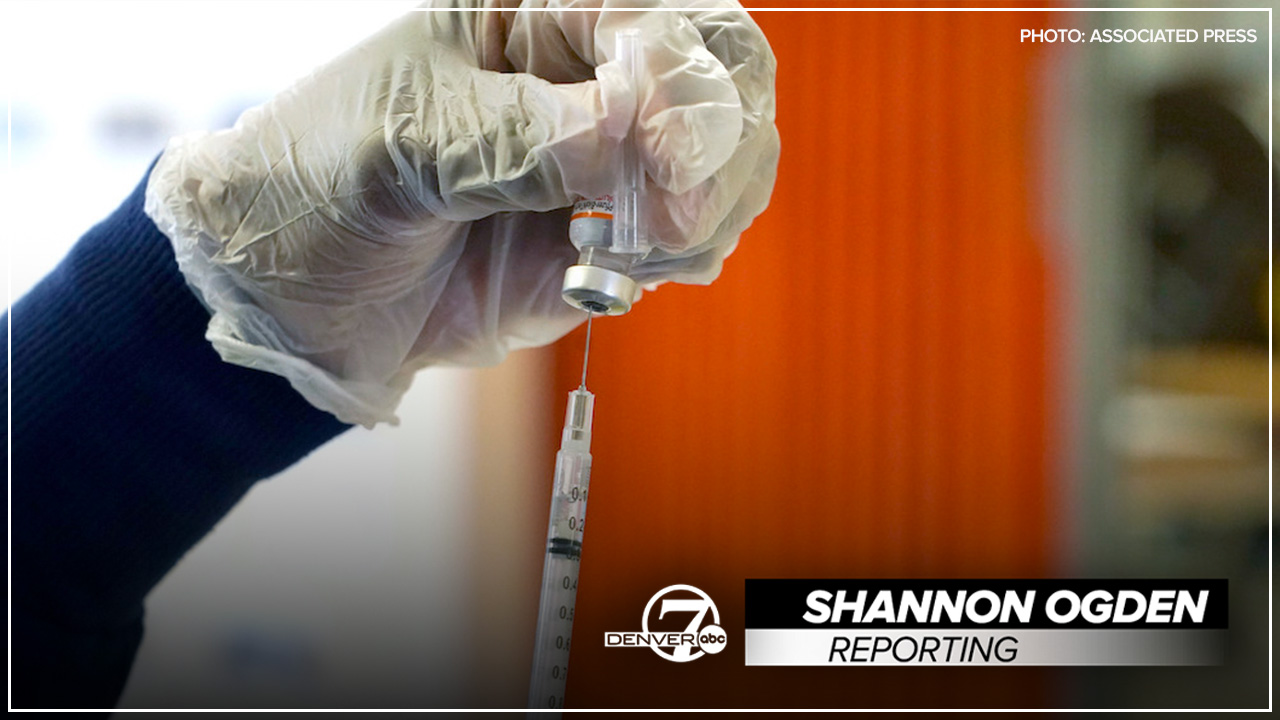DENVER — The Centers for Disease Control and Prevention's (CDC) Advisory Committee on Immunization Practices declined to recommend the COVID-19 vaccine to anyone, even those at high risk, leaving people to choose for themselves whether to get it.
Until now, COVID-19 vaccinations had been recommended as a routine shot each fall, like a flu vaccine.
The advisors also urged the CDC to adopt stronger language around claims of vaccine risks, despite pushback from outside medical groups that say the shots have a proven safety record from billions of doses administered worldwide.
The Associated Press reports that among many unproven questions about risks that the panel raised Friday was one rare side effect that people already are warned about: a kind of heart inflammation called myocarditis, mostly in young men, that was discovered in the early days of vaccination in 2021. A scientist studying whether people with certain genes are uniquely susceptible to that risk told the panel the Trump administration had canceled his grant before the research could be finished.
The divided panel narrowly avoided urging states to require a prescription for the COVID-19 shot.

What is the CDC's vaccine advisory panel and why is it so influential?
On Thursday, the panel voted to change its age recommendations for the measles, mumps, rubella and varicella (MMRV) vaccine.
In an 8-3 vote, the panel decided to change the recommended minimum age for receiving the MMRV vaccine, which combines the MMR vaccine and the chickenpox vaccine, to 4 years old, and that children in this age group instead get separate vaccines — one against MMR and another for varicella, or chickenpox.
Since 2009, the CDC has said it prefers separate shots for initial doses of those vaccines, and 85% of toddlers already do.
In a move that surprised some medical groups, the panel delayed recommending whether to end the longstanding CDC recommendation that all newborns be vaccinated at birth against the liver virus, hepatitis B.
The Associated Press reports that the panel had been considering whether to recommend delaying that initial vaccination — something doctors and parents already can choose to do. However, amid criticism from independent pediatric and infectious disease specialists who say the vaccine is safe and has helped infant infections drop sharply, the advisers decided Friday to postpone that decision.
Scripps News Group and the Associated Press contributed to this report.






